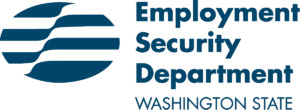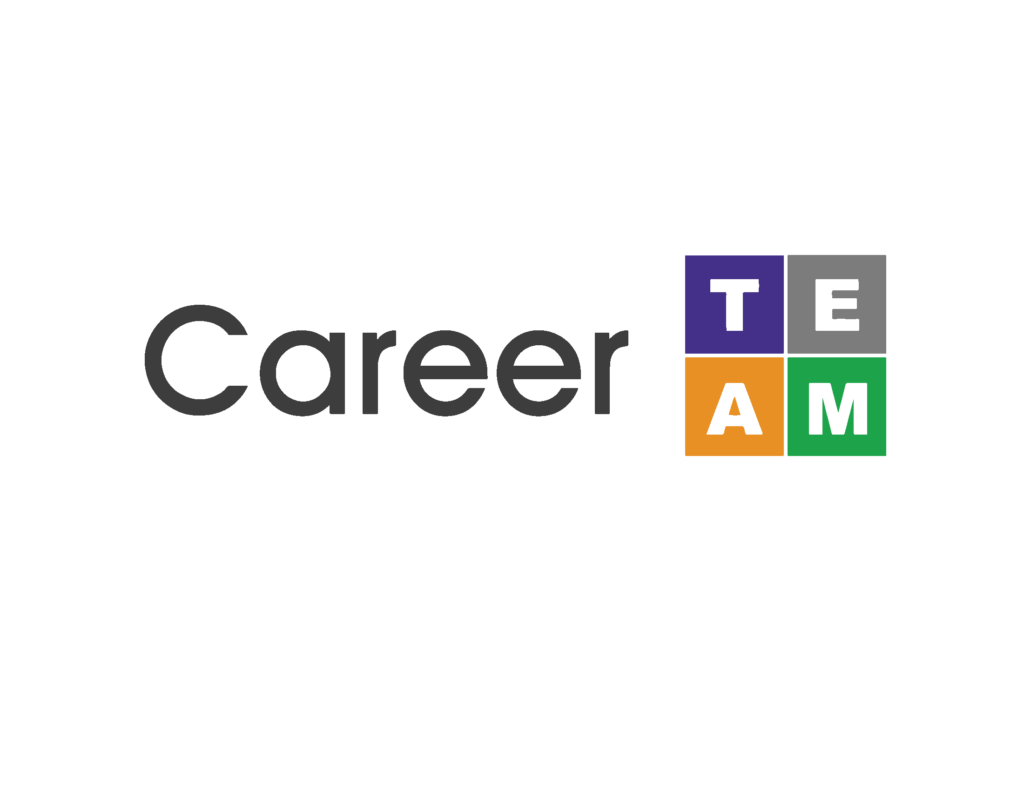The Washington Workforce Association brings together the leadership of Local Workforce Development Boards to craft policy, create solutions, and advocate to ensure that the workforce system is positioned to address the economic challenges faced by workers and businesses in our state. At the federal level, The Workforce Innovation & Opportunity Act (WIOA) is up for reauthorization by Congress and we see several areas of opportunity that will support the continued transformation of our local workforce development systems and better meet our customers’ needs.
WWA supports the following principles and action steps outlined below to guide how Congress addresses WIOA reauthorization and the crafting of the workforce-related elements of President Biden’s American Jobs Plan. We stand ready to provide the workforce expertise and technical assistance needed by those who will design and write the next iteration of WIOA.
1. Local Strategy & Decision Making
- Local Workforce Development Boards are led by and work closely with local businesses, elected officials, and community leaders to implement innovative solutions.
- In order to effectively meet the unique needs of each Board’s local community, we believe combining the WIOA Adult and Dislocated Worker Titles will reduce bureaucracy and allow maximum efficiency in serving jobseekers and businesses.
- Maintaining the 85%-15% split in funding disbursement between program and administrative costs ensures investment is focused on the level closest to the customer.
2. Business Leadership
- WIOA has further demonstrated the need for business-led boards, ensuring the success and positive outcomes for job seekers and small businesses.
- Local Workforce Boards are designed to be the most efficient and effective way to ensure the job creators’ needs are understood and local efforts are aligned.
3. Diversity, Equity, and Inclusion
- To deliver a broad equitable economic recovery for our nation, we must center equity, diversity, and inclusion at the heart of workforce development.
- The 14 high-barrier populations identified in WIOA provide a foundation for local work, but workforce systems must do more. Federal law could prompt and promote more attention and dedication of funds to that work.
4. Accountability
- The accountability measures put in place by WIOA are among the strongest and most effective of any federal job training program.
- We must add and/or increase the role of Local Workforce Boards as local leaders. We must also hold accountable the performance of State Workforce Boards and the tasks assigned to the Fiscal Administrative Entity, as this will ensure responsiveness and attention to the needs of local communities.
5. Flexibility
- WIOA clearly outlines allowable uses for funds and WWA opposes mandates, both state and federal, that impinge on the flexibility of local areas in the allocation of the funds to allowable activities.
- WWA seeks to strengthen the ability of Local Workforce Boards to develop budgets for local allocations that reflect WIOA’s share of the local solution for business and job seekers.
6. Data Availability
- Accurate, timely, and readily available data is the foundation of any local workforce system to be able to understand how to best serve their client and understand their exact needs.
- WWA calls for a national, public data exchange put forth by Congress to ensure that outcome, wage, demographic, and other pertinent data is readily available for use by local boards and businesses alike.
7. System Integration
- Continued fragmentation of federal workforce development funding across Titles within WIOA and Federal and State Agencies has a profound negative impact on working families trying to access federal support to get back to work and/or advance in employment.
- System integration with management and delivery of federal workforce programs under the auspices of Local Workforce Boards would greatly improve the delivery of locally relevant services, align, and expand access to resources for struggling small businesses, and more effectively serve all customers.
8. Lifelong Learning
- The nature of our economy is influenced heavily by the introduction of new technology.
- WWA proposes that Individualized Training Accounts (ITAs) be established through Incumbent Worker funding that would allow individuals to reskill, retool, and refine their existing skill set to stay competitive in our ever-changing labor markets.









